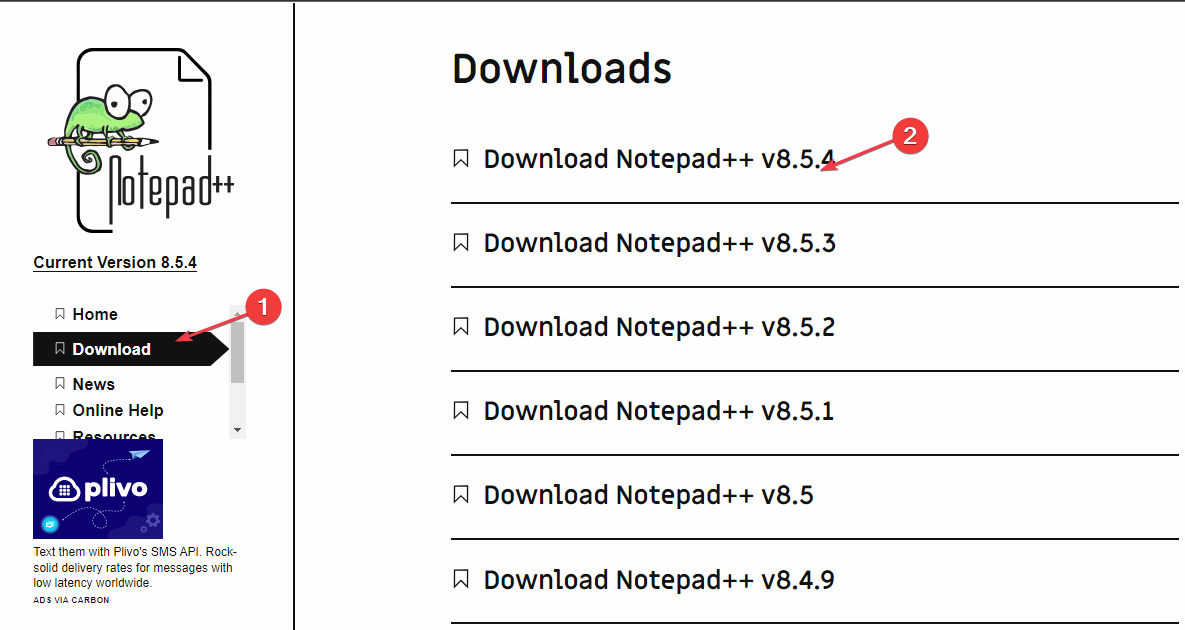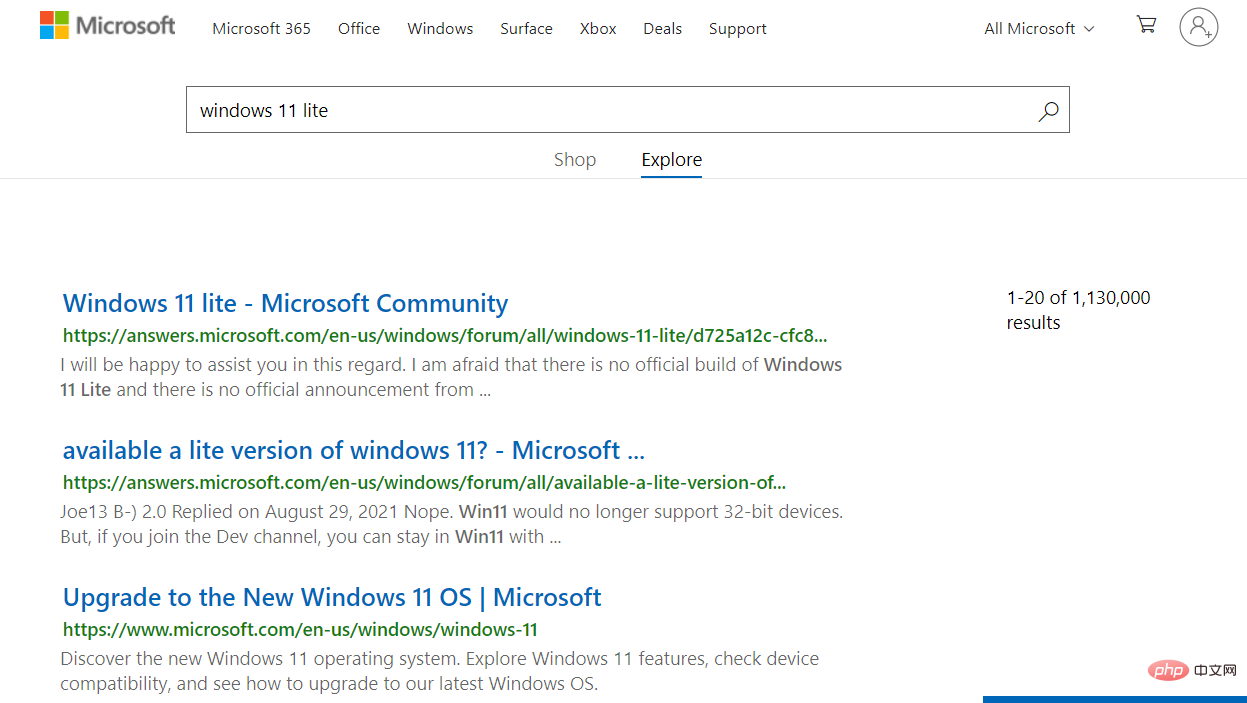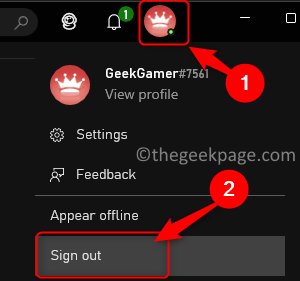 Backend Development
Backend Development Python Tutorial
Python Tutorial Share how to quickly install the Python library under the Tsinghua mirror
Share how to quickly install the Python library under the Tsinghua mirror
Tsinghua Mirror quickly installs the Python library method to share, specific code examples are required
With the widespread application of Python in data analysis, artificial intelligence and other fields, installing the Python library has become a One of the essential skills for every Python developer. However, due to the usage needs of many developers, domestic and foreign mirror sites may have problems such as slow download speeds and installation failures. In order to solve this problem, Tsinghua University provides domestic users with a Tsinghua Mirror Station to speed up the downloading and installation of Python libraries.
This article will introduce how to quickly install the Python library using the Tsinghua Mirror Station, and provide specific code examples.
Step 1: Choose a suitable mirror site
Before starting to install the Python library, we need to choose a suitable mirror site. Tsinghua University Mirror Station provides a comprehensive mirror download service for Python-related software packages, library files and documents, with fast and stable download speeds. You can view the Anaconda software package provided by Tsinghua Mirror Station at https://mirrors.tuna.tsinghua.edu.cn/anaconda/pkgs/.
Step 2: Configure pip source
pip is Python’s standard package management tool. We need to configure the pip source to the Tsinghua mirror station in order to download the Python library from the mirror station. Enter the following command in the terminal to change the default pip source to the Tsinghua mirror station:
pip config set global.index-url https://pypi.tuna.tsinghua.edu.cn/simple
Step 3: Install the Python library
After completing the configuration of the pip source, we can use the pip command Let’s install the Python library. The following is a sample code for installing the numpy library:
pip install numpy
If you need to install other Python libraries, just replace "numpy" in the above command with the name of the library you need to install.
Step 4: Uninstall the Python library
If you need to uninstall the installed Python library, you can use the following command to complete the uninstallation operation:
pip uninstall numpy
Similarly, replace "numpy" Just replace it with the name of the library you need to uninstall.
Step 5: Update the Python library
In the process of using the Python library, we may encounter new versions of software packages. In order to maintain the stability and security of the system, we need to update the Python library in a timely manner. The following is a sample code for updating the numpy library:
pip install --upgrade numpy
Similarly, replace "numpy" with the name of the library you need to update.
Through the above steps, we can install, uninstall and update the Python library quickly and stably. Taking advantage of the fast download speed and high stability provided by Tsinghua Mirror Station, we can better carry out Python development work.
To sum up, Tsinghua mirror source is one of the most widely used mirrors in China, providing numerous open source software packages for users to quickly download. When using Python, we can speed up downloading and installing the Python library by configuring the pip source as the Tsinghua mirror station, and use the pip command to install, uninstall, and update the library. I hope these methods and code examples can help everyone and make Python development more convenient and efficient.
The above is the detailed content of Share how to quickly install the Python library under the Tsinghua mirror. For more information, please follow other related articles on the PHP Chinese website!
 win11安装语言包错误0x800f0950什么原因Jul 01, 2023 pm 11:29 PM
win11安装语言包错误0x800f0950什么原因Jul 01, 2023 pm 11:29 PMwin11安装语言包错误0x800f0950什么原因?当我们在给windows11系统安装新语言包时,有时会遇到系统提示错误代码:0x800f0950,导致语言包安装流程无法继续进行下去。导致这个错误代码一般是什么原因,又要怎么解决呢?今天小编就来给大家说明一下win11安装语言包错误0x800f0950的具体解决步骤,有需要的用户们赶紧来看一下吧。win11电脑错误代码0x800f0950解决技巧1、首先按下快捷键“Win+R”打开运行,然后输入:Regedit打开注册表。2、在搜索框中输入“
 如何在 Google Docs 中安装自定义字体Apr 26, 2023 pm 01:40 PM
如何在 Google Docs 中安装自定义字体Apr 26, 2023 pm 01:40 PMGoogleDocs在学校和工作环境中变得很流行,因为它提供了文字处理器所期望的所有功能。使用Google文档,您可以创建文档、简历和项目提案,还可以与世界各地的其他用户同时工作。您可能会注意到GoogleDocs不包括MicrosoftWord附带的所有功能,但它提供了自定义文档的能力。使用正确的字体可以改变文档的外观并使其具有吸引力。GoogleDocs提供了大量字体,您可以根据自己的喜好从中选择任何人。如果您希望将自定义字体添加到Google文档,请继续阅读本文。在本文中
 适用于 Windows 11 的记事本++:如何下载和安装它Jul 06, 2023 pm 10:41 PM
适用于 Windows 11 的记事本++:如何下载和安装它Jul 06, 2023 pm 10:41 PMNotepad++主要由开发人员用于编辑源代码,由临时用户用于编辑文本。但是,如果您刚刚升级到Windows11,则在您的系统上下载和安装该应用程序可能具有挑战性。因此,我们将讨论在Windows11上下载和安装记事本++。此外,您可以轻松阅读我们关于修复Notepad++在Windows上没有响应的详细指南。记事本++可以在Windows11上运行吗?是的,记事本++可以在Windows11上有效工作,而不会出现兼容性问题。更具体地说,没有臃肿的选项或错误,只需在一个非常小的编辑器中即可。此外
 清华镜像如何安装python库Nov 24, 2023 pm 02:09 PM
清华镜像如何安装python库Nov 24, 2023 pm 02:09 PM清华镜像安装python库的步骤:1、打开终端或命令行界面;2、确保已经配置好了清华镜像源,将清华镜像源设置为pip的默认源;3、运行“pip install <package-name>”命令来安装Python库;4、如果需要安装特定版本的库,可以在安装命令后面加上版本号“pip install <package-name>@<version>”等。
 Steam 未检测到 Windows 11/10 中已安装的游戏,如何修复Jun 27, 2023 pm 11:47 PM
Steam 未检测到 Windows 11/10 中已安装的游戏,如何修复Jun 27, 2023 pm 11:47 PMSteam客户端无法识别您计算机上的任何游戏吗?当您从计算机上卸载Steam客户端时,会发生这种情况。但是,当您重新安装Steam应用程序时,它会自动识别已安装文件夹中的游戏。但是,别担心。不,您不必重新下载计算机上的所有游戏。有一些基本和一些高级解决方案可用。修复1–尝试在同一位置安装游戏这是解决这个问题的最简单方法。只需打开Steam应用程序并尝试在同一位置安装游戏即可。步骤1–在您的系统上打开Steam客户端。步骤2–直接进入“库”以查找您拥有的所有游戏。第3步–选择游戏。它将列在“未分类
 什么是用于隐马尔可夫模型的最佳Python库?Aug 30, 2023 pm 06:45 PM
什么是用于隐马尔可夫模型的最佳Python库?Aug 30, 2023 pm 06:45 PM隐马尔可夫模型(HMM)是用于对序列数据建模的强大统计模型类型。它们在语音识别、自然语言处理、金融和生物信息学等众多领域都有用途。Python是一种多功能编程语言,提供了一系列用于实施HMM的库。在本文中,我们将发现用于HMM的独特Python库,并评估它们的功能、性能和易用性,迟早会揭示满足您需求的最佳选择。隐马尔可夫模型入门在深入了解这些库之前,让我们简要回顾一下HMM的概念。HMM是一种概率模型,表示系统随时间在隐藏状态之间转换的情况。它由以下部分组成- 一组隐藏状态初始状态概率分布状态转
 Windows 11 Lite:它是什么以及如何在您的 PC 上安装它Apr 14, 2023 pm 11:19 PM
Windows 11 Lite:它是什么以及如何在您的 PC 上安装它Apr 14, 2023 pm 11:19 PM我们深知MicrosoftWindows11是一个功能齐全且设计吸引人的操作系统。但是,用户一直要求Windows11Lite版本。尽管它提供了重大改进,但Windows11是一个资源匮乏的操作系统,它可能很快就会使旧机器混乱到无法顺利运行的地步。本文将解决您最常问的关于是否有Windows11Lite版本以及是否可以安全下载的问题。跟着!有Windows11Lite版本吗?我们正在谈论的Windows11Lite21H2版本是由Neelkalpa的T
 修复:在 Xbox 应用上的 Halo Infinite(Campaign)安装错误代码 0X80070032、0X80070424 或 0X80070005May 21, 2023 am 11:41 AM
修复:在 Xbox 应用上的 Halo Infinite(Campaign)安装错误代码 0X80070032、0X80070424 或 0X80070005May 21, 2023 am 11:41 AM<p><strong>HaloInfinite(Campaign)</strong>是一款第一人称射击视频游戏,于2021年11月推出,可供单人和多用户使用。该游戏是Halo系列的延续,适用于Windows、XboxOne和Xbox系列的用户X|S。最近,它还在PC版XboxGamePass上发布,以提高其可访问性。大量玩家报告在尝试使用WindowsPC上的<strong>Xbox应


Hot AI Tools

Undresser.AI Undress
AI-powered app for creating realistic nude photos

AI Clothes Remover
Online AI tool for removing clothes from photos.

Undress AI Tool
Undress images for free

Clothoff.io
AI clothes remover

AI Hentai Generator
Generate AI Hentai for free.

Hot Article

Hot Tools

Dreamweaver CS6
Visual web development tools

SAP NetWeaver Server Adapter for Eclipse
Integrate Eclipse with SAP NetWeaver application server.

mPDF
mPDF is a PHP library that can generate PDF files from UTF-8 encoded HTML. The original author, Ian Back, wrote mPDF to output PDF files "on the fly" from his website and handle different languages. It is slower than original scripts like HTML2FPDF and produces larger files when using Unicode fonts, but supports CSS styles etc. and has a lot of enhancements. Supports almost all languages, including RTL (Arabic and Hebrew) and CJK (Chinese, Japanese and Korean). Supports nested block-level elements (such as P, DIV),

PhpStorm Mac version
The latest (2018.2.1) professional PHP integrated development tool

Dreamweaver Mac version
Visual web development tools




